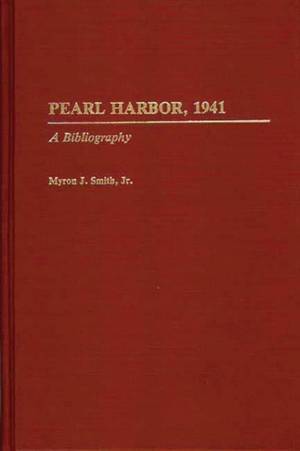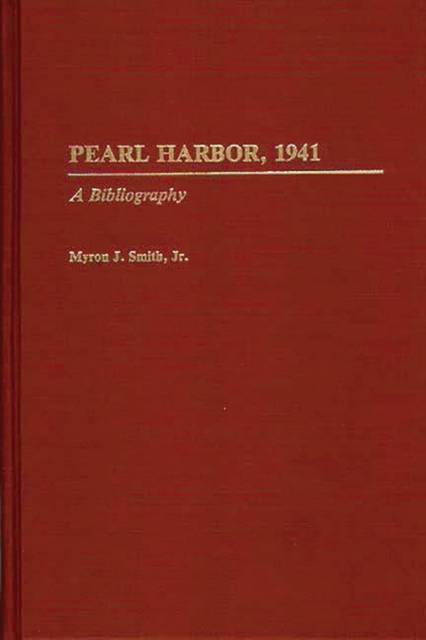
- Retrait gratuit dans votre magasin Club
- 7.000.000 titres dans notre catalogue
- Payer en toute sécurité
- Toujours un magasin près de chez vous
- Retrait gratuit dans votre magasin Club
- 7.000.0000 titres dans notre catalogue
- Payer en toute sécurité
- Toujours un magasin près de chez vous
Description
1991 marks the fiftieth anniversary of the attack on Pearl Harbor, an event which plunged a basically self-absorbed United States directly into the world's worst conflagration. For years, the United States, which had become a Pacific power almost simultaneously with Japan at the turn of the century, mistrusted Tokyo's intentions in the Far East. Off the international stage, most Americans either ignored Japan or failed to understand the dynamics of a millenium-old culture in the throes of modernization. The almost orderly manner in which U.S.-Japanese relations fell terminally ill in 1941 continues to provide a textbook lesson for those who would work to avoid future catastrophies.
In this first book-length, annotated bibliography, Smith provides more than 1,500 citations from eleven languages. Not only is the published literature examined, but care has been taken to cite the main repositories in the United States and abroad holding data necessary for the ongoing reinterpretation of the beginning of the War in the Pacific. The published literature cited covers virtually all factors surrounding the attack and its 1941 background: economic, political, diplomatic, racial, biographical, planning, intelligence, operations, and hardware. Access is augmented by author and name indexes; the latter is keyed to specific personnel and vessels. While aimed primarily at students and scholars, this volume will be useful to teachers, journalists, policymakers, and all concerned with military studies and World War II.Spécifications
Parties prenantes
- Auteur(s) :
- Editeur:
Contenu
- Nombre de pages :
- 224
- Langue:
- Anglais
- Collection :
Caractéristiques
- EAN:
- 9780313281211
- Date de parution :
- 16-10-91
- Format:
- Livre relié
- Format numérique:
- Genaaid
- Dimensions :
- 156 mm x 234 mm
- Poids :
- 494 g

Les avis
Nous publions uniquement les avis qui respectent les conditions requises. Consultez nos conditions pour les avis.






